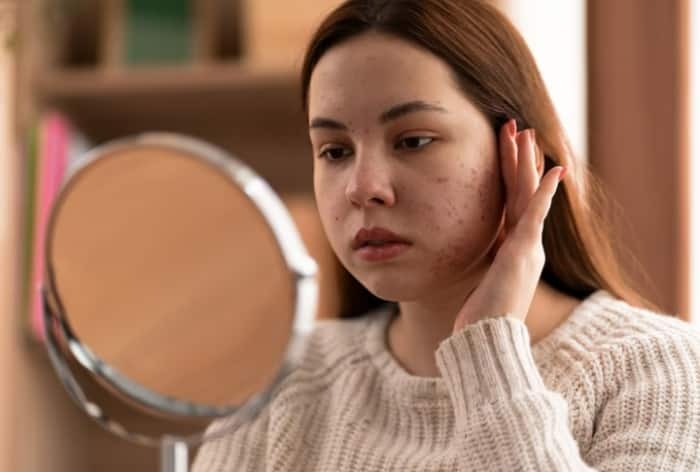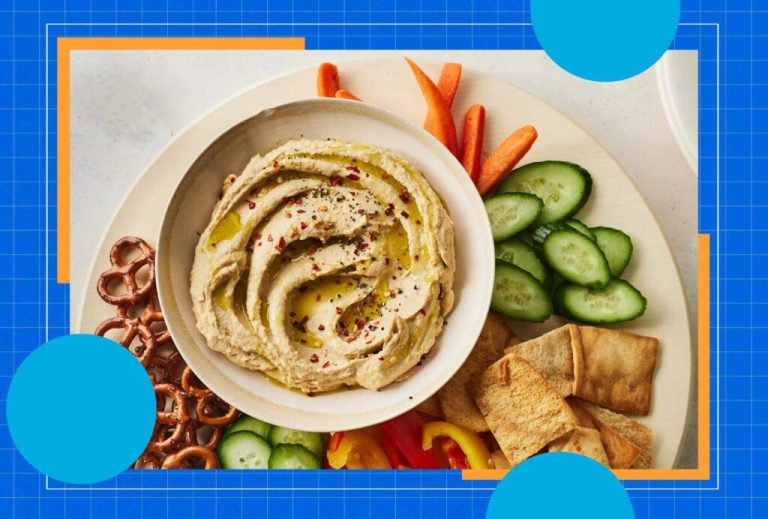Acne Treatment: Adopt 8 Diet Options to Get Clear Skin
Diet and nutrition are factors that affect our overall health. Acne is no different and is a common skin condition that affects millions of people around the world, which can be managed through dietary strategies, topical treatments and lifestyle changes. Speaking exclusively with India.com, Aman Puri, Founder of Steadfast Nutrition, listed out the diet strategies. Here are dietary strategies and habits that help promote healthy and clear skin.
Acne Diet: 8 Foods To Eat For Better Skin
- Antioxidants in your plate: Fruits and vegetables are rich in antioxidants, active compounds known for their anti-inflammatory activity, which help manage acne. Choose colorful fruits and vegetables as they are rich in antioxidants. These include berries, citrus fruits, bell peppers, pumpkin and papaya, pineapple, apple, strawberry etc. These antioxidants can help fight free radicals and reduce oxidative stress, which helps reduce acne and promotes glowing skin.
- Fatty fish and sources rich in omega-3 fatty acids: Incorporating omega-3-rich food sources like sardines, salmon, mackerel, chia seeds, walnuts and flaxseeds may help reduce the inflammation associated with pimples and acne. Omega-3 fatty acids have anti-inflammatory properties, which can reduce acne and promote clear skin.
- Keep your body hydrated: Adequate hydration is a vital requirement for healthy skin. Drinking adequate amount of water helps in flushing out toxins from the body and eliminates the possibility of acne. For hydrated skin, at least 7-8 glasses of water should be consumed daily.
- Restrict Dairy Food Sources: Several research studies suggest that consumption of dairy sources may increase acne due to the presence of growth factors and hormones in milk. Proteins like whey and casein present in milk can be responsible for causing acne. The hormones present in milk are precursors to testosterone which can combine with these proteins to aggravate acne. If you are suffering from acne then restricting dairy sources would be a better option. Instead of dairy, you can include oat, coconut and almond milk in your diet.
- Add Probiotics: A healthy gut microbiome is also linked to better skin health and may help relieve acne severity by improving gut health and supporting immune health. Probiotics are live good bacteria found in fermented foods like sauerkraut, kefir, yogurt and kombucha, which help maintain a healthy gut environment.
- Restrict trigger foods: Certain foods may worsen or trigger acne in some people. The main trigger foods are spicy foods, caffeine, chocolate and those high in saturated fat. Be mindful of how your skin reacts to different food sources and avoid foods that make acne symptoms worse.
- Choose low glycemic foods: Simple carbohydrates or high glycemic foods including sugary snacks and refined carbohydrates can increase blood sugar levels, causing increased insulin and sebum production in skin cells. Choosing low-glycemic foods like pulses, whole grains, legumes and non-starchy vegetables can help maintain blood sugar levels and help reduce the chance of acne breakouts.
- Avoid processed foods: We all know that processed foods are high in sugar, additives, and saturated fat, which can increase inflammation and worsen acne problems. Opt for whole, unprocessed foods.
It is fundamental to follow a careful eating pattern to promote better digestion of nutrients, which leads to clear skin. Improper digestion and digestive problems may be linked to skin problems. Therefore, incorporating mindful eating habits and avoiding processed foods helps promote skin health and reduce acne problems.






